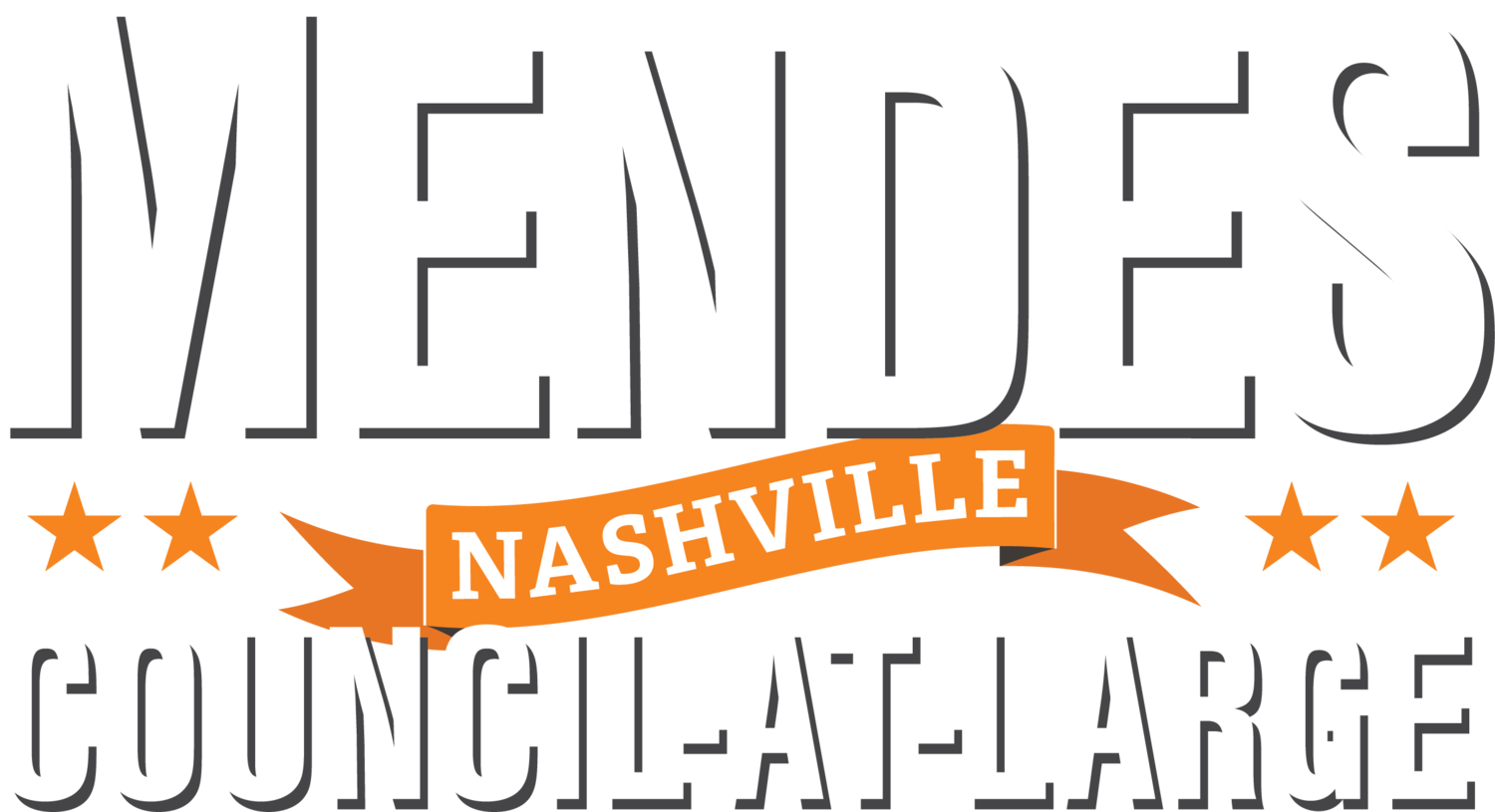Working on a substitute budget
This will be the third year in a row where I propose a substitute budget in place of the Mayor’s proposed budget. Unlike the last two, this time I am the Chair of the Council’s Budget & Finance Committee. That is important because any substitute budget I propose this time can be amended by the Council and that provides flexibility. By Council rules, other proposed substitutes get only an up-or-down vote with no changes allowed.
Another difference this year is that the Finance Department has set a deadline for any Council member who wants to have a substitute budget prepared for consideration. We’ve been told that we will need to submit detailed information to the Council Director no later than 4:30 PM on May 13 if we would like a substitute budget to be prepared. Based on my experience with this over the last few years, I’m guessing it will take at least two weeks for Finance to turn requests into actual budget documents. There are thousands of interconnected numbers in the 27-page budget ordinance. At least for me, any effort at a substitute budget has taken multiple iterations with Finance having to check back with me to turn my ideas into a workable budget.
That means that, as I type this, I have less than 4 days left to submit whatever I am going to submit…even though the “budget book” with all the details was delivered to Council members only yesterday morning. I’ve spent most of my waking hours since the book was delivered absorbing its 690 pages and starting to put together what will be in my proposed substitute budget.
In the days since Mayor Cooper offered his “continuity of essential services” budget on April 28, I’ve heard from a lot of people. About the substance of the proposed $1.00 property tax rate increase, I’ve heard it all. Some people hate it. Some accept it. Some think the increase should be higher. That’s the same range of feedback I’ve heard over the last two years when I was proposing rate increases. I have also heard from people about the politics involved. With that, there is uniformity. The consistent message is that I should sit back as much as a Budget & Finance Committee Chair can sit back, and let the Mayor do the work and own the tax increase forever.
Right now, I haven’t made a decision about what I will do. Because of the extreme circumstances the city is facing, a lot of options (like a bond refinancing) simply won’t be available to fix the budget. In the next week, I will try to post about some of the ideas that are out there and why they won’t work now.
And there are a bunch of things I am still thinking about. For example, I wonder whether “continuity of essential services” is enough of a vision to base a $2+ billion budget on. This admittedly is an unfair comparison, but how would the 1930s have gone if FDR had announced a plan to continue essential services? Whether Metro raises the tax rate or cuts services, the impact will disproportionately harm our most marginalized communities. What is Metro doing about that?
I also wonder whether the proposed budget can handle whatever is going to happen next to the economy or with the virus. If the economy quickly regains traction, will Metro regret having cut off a lot of its non-profit partners and under-funding (again) its most important asset — Metro’s employees? On the other hand, if the economy slumps even further, will Metro regret not taking more drastic steps now?
I am also struck by the idea that the sales tax projections built into this budget are almost certainly wrong, and probably more wrong than any year before now. Since nobody knows what is going to happen with the virus or the economy, there are no benchmarks and no formulas. I think Finance would acknowledge that the revenue forecast is a best guess.
I wonder who is vetting ideas and making decisions about how to spend the $121 million that Metro has already received from the federal CARES Act. I accept that this money will largely not help Metro’s operating budget. But it still needs to be spent in 2020 or be lost back to the feds. That money potentially could be used to blunt the impact of a tax rate increase. The Council needs to understand how that money will be spent.
Finally, I am thinking about the advice I have been giving my law clients every day since we all went home in March. I am telling them that it currently is impossible to predict more than several months into the future. So we should make plans for the reality we know exists today and that we expect for the next several months. Beyond that, we should plan to reassess and adjust continuously until stability emerges.
Whatever I come up with for a substitute budget, I know one feature is going to be to require that Metro deliver an updated FY21 revenue projection to the Council no later than August 24. That will allow Metro to see what its June sales tax revenue is (because it should be received from the State on about August 20). This would also allow Metro to have another few months to see if new federal stimulus programs arrive. And, if circumstances allow it, there would be just enough time to revisit the property tax rate before bills are mailed as required by state law in early October.
This post has more questions than answers and I am aware that it might be more for me than for you. I know it is helping me organize my thoughts. I will update you all as this process moves forward.
